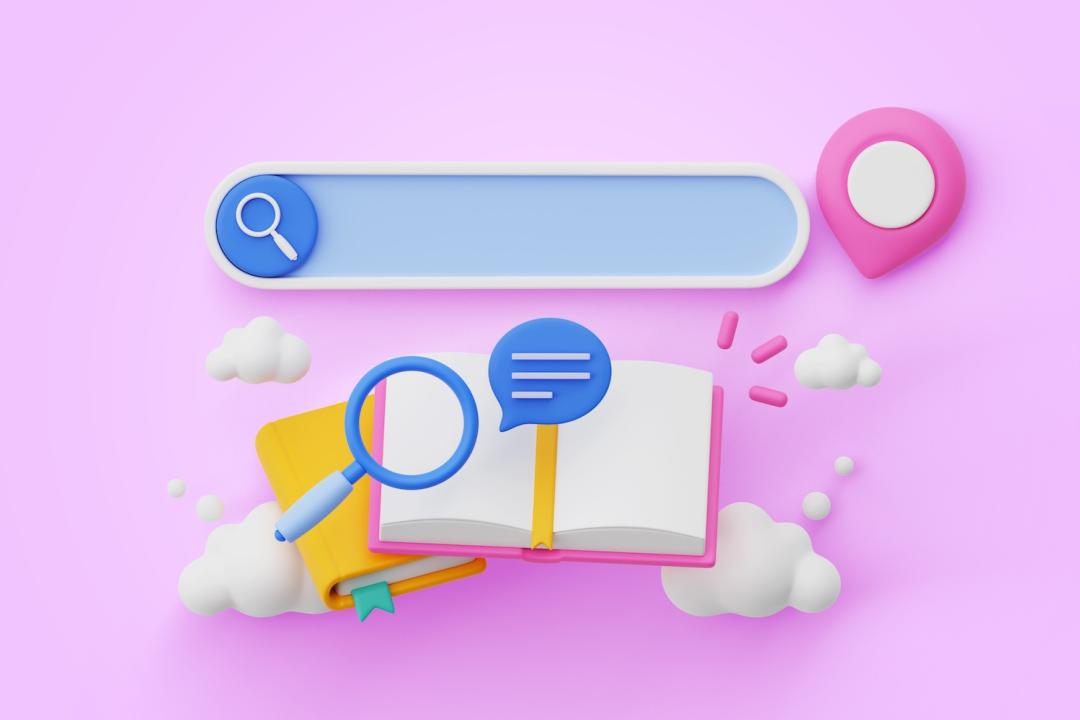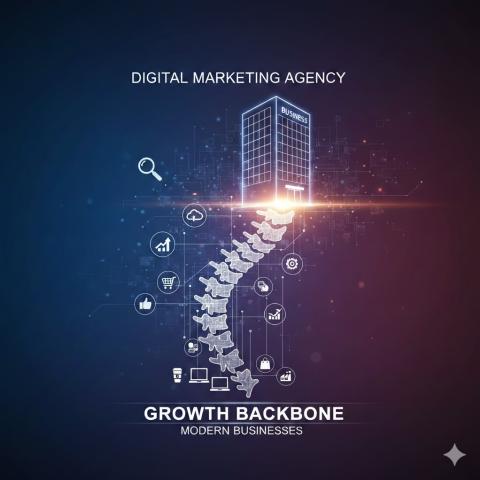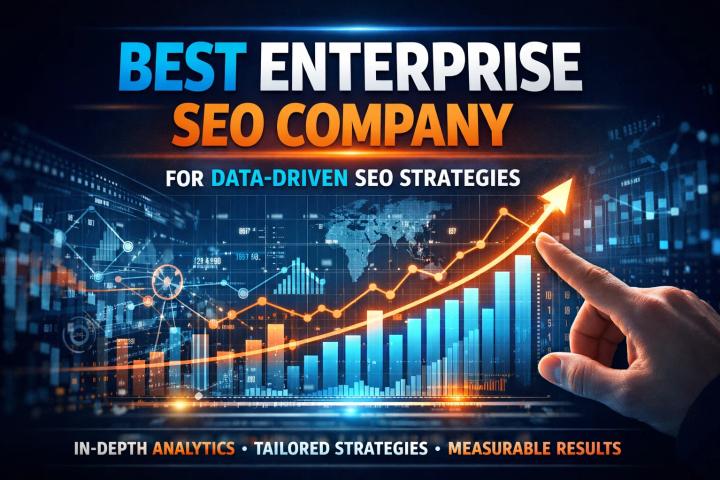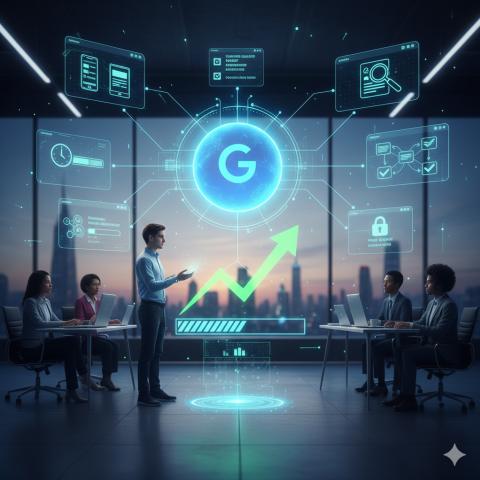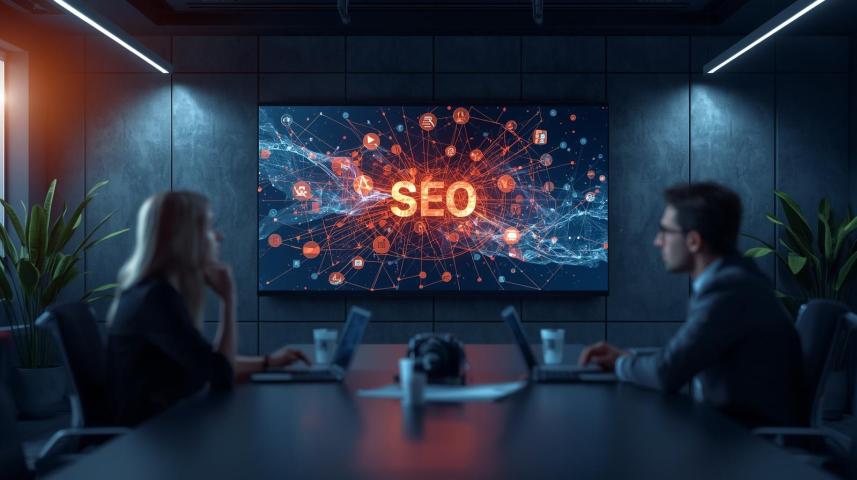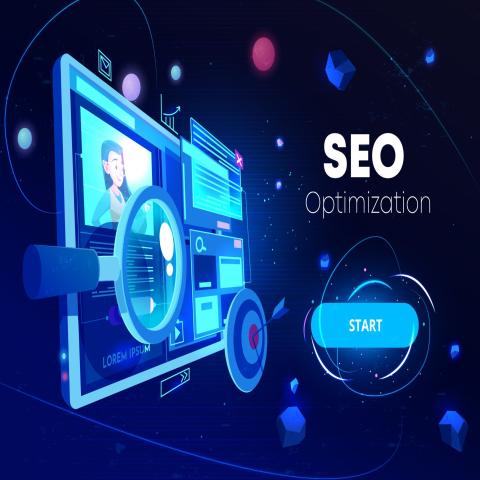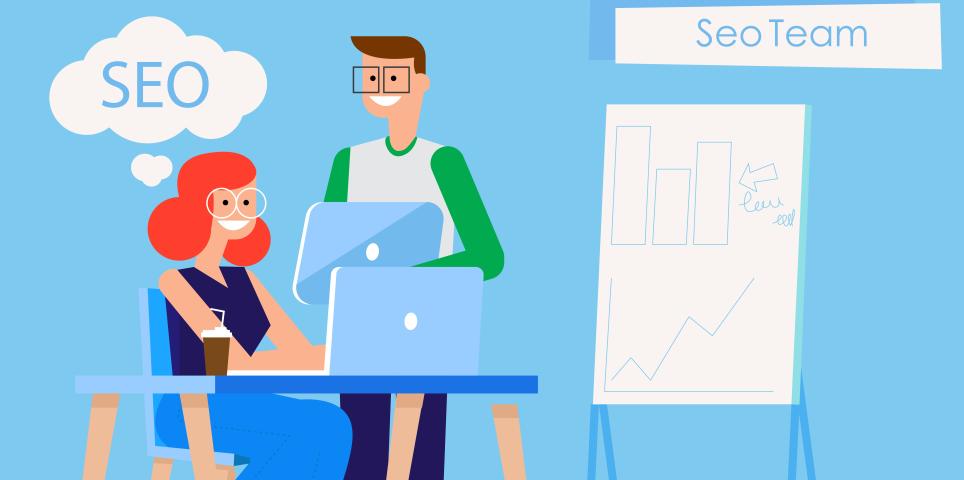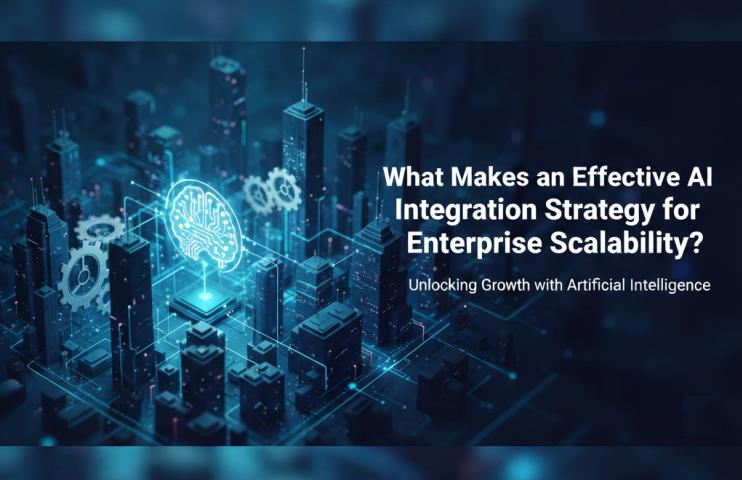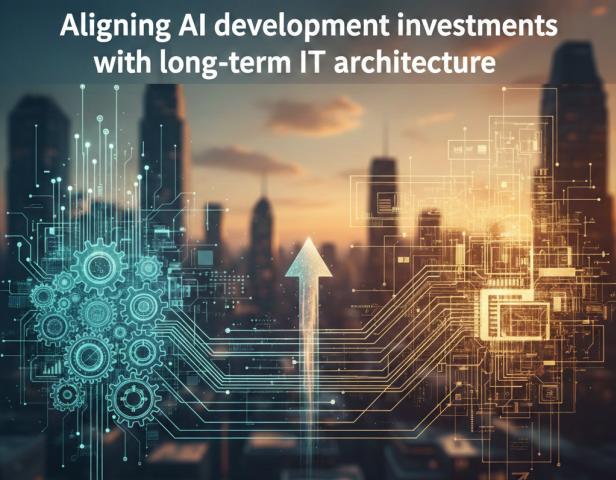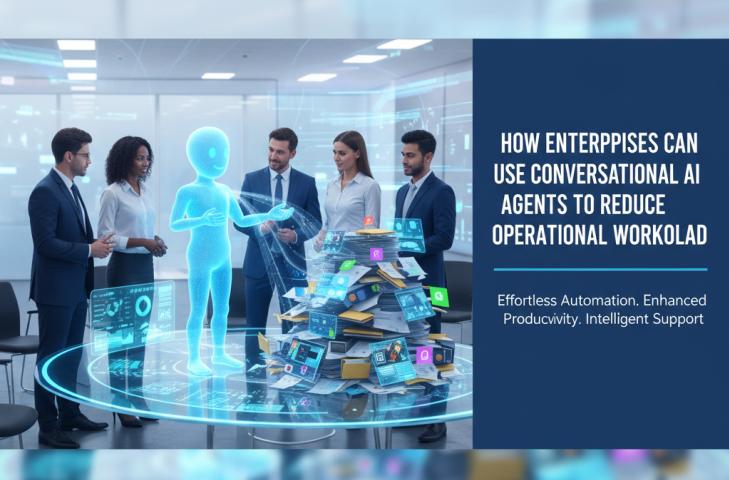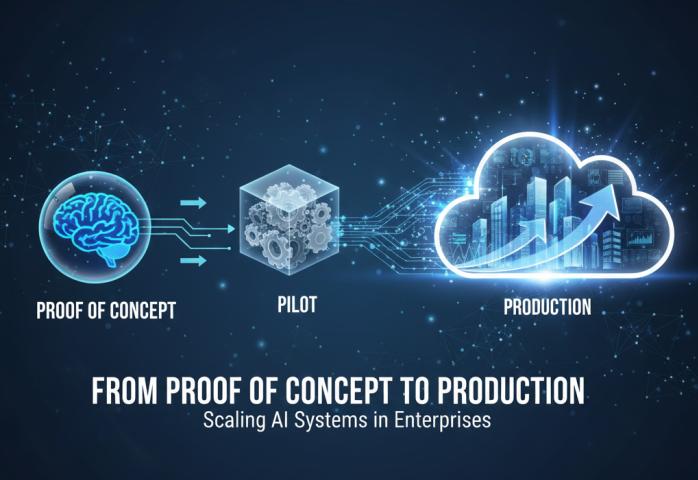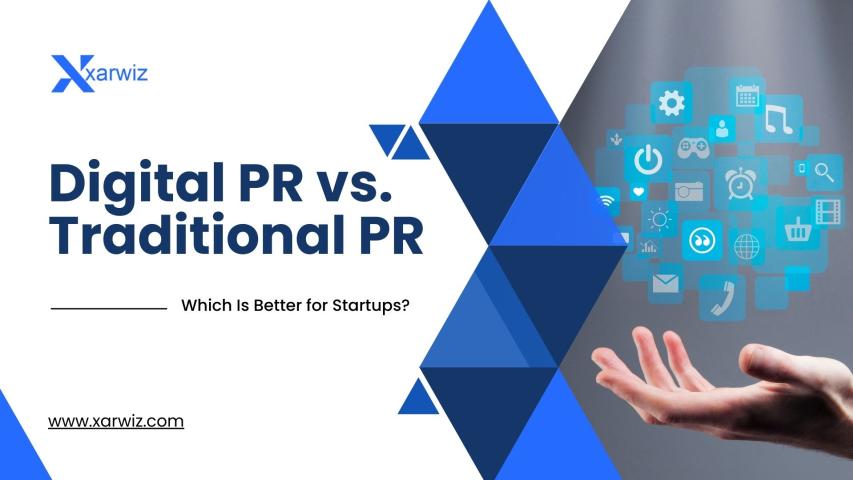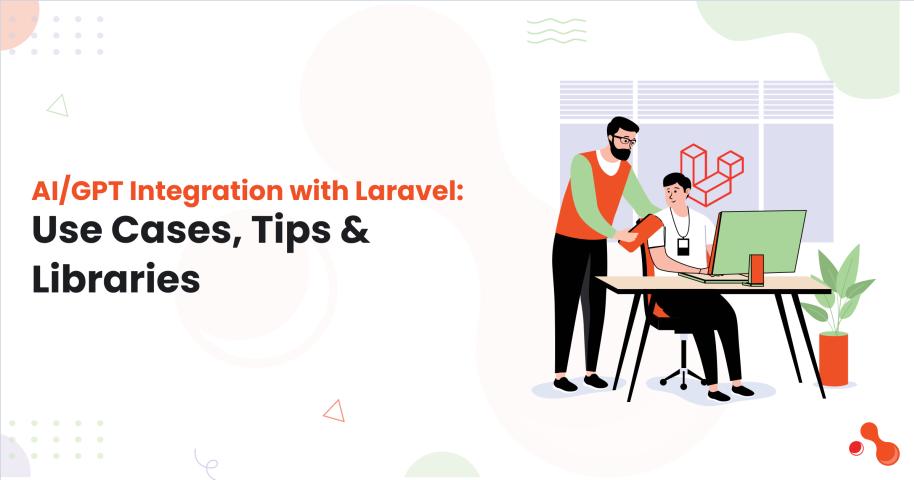Search engines are undergoing a silent revolution. For decades, users have relied on keyword-based queries to navigate the vast expanse of the internet. But with the rise of generative AI and large language models, this model is being reimagined—from lists of links to fully synthesized answers.
Instead of just indexing pages and ranking them based on keywords, AI-powered systems like Google's Search Generative Experience (SGE), Microsoft’s Copilot, or Perplexity AI are starting to act more like assistants than directories. They attempt to understand the intent behind a question and deliver a direct, conversational response—often without requiring the user to click on a single link.
This shift is both powerful and potentially disruptive. On one hand, it offers a more intuitive experience for users, saving time and reducing friction. On the other, it challenges the fundamental structure of the open web, which has long depended on traffic to websites for visibility, revenue, and discovery.
As Ben Gomes, Google’s SVP of Search, explained in a recent interview:
“We’re moving from search engines that find information to systems that understand it. The implications are massive—not just for how we use the web, but for how it's built.”
Publishers, content creators, and SEO professionals are already grappling with what this means. If users no longer need to click through to get answers, what incentive will there be for creators to produce high-quality content in the first place? Will walled gardens of AI knowledge replace the decentralized, open nature of today’s internet?
There’s also concern around accuracy, bias, and transparency. AI-generated summaries can occasionally "hallucinate" facts or pull outdated or misrepresented information. Without clear sourcing or links, verifying claims becomes harder—raising new questions around trust.
Despite these challenges, some argue that AI in search could lead to a smarter, more contextual web. Instead of being flooded with SEO-optimized noise, users may be served information that is more aligned with their actual needs. But to get there, the web's infrastructure—and its economic model—may need to evolve.
The coming years will determine whether AI-driven search becomes a new golden age for information or a disruptive force that reshapes the web as we know it.
